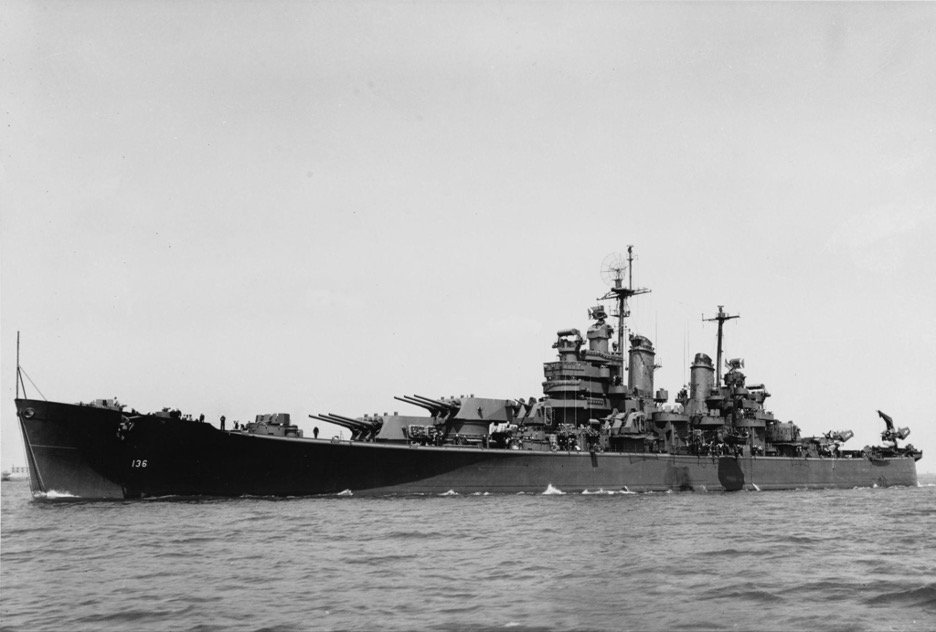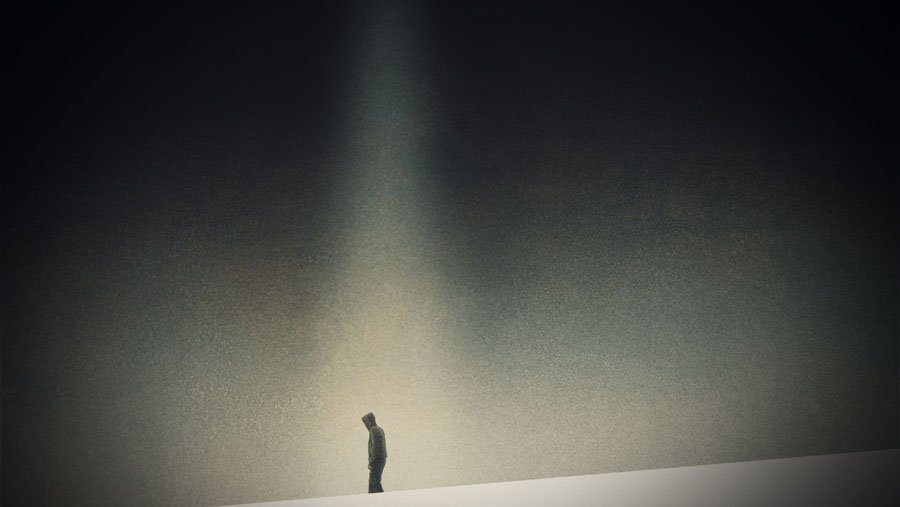I Became My Own Version of My Father. It Cost Me My Freedom.
Editor’s Note: This story was published in partnership with San Quentin News and was written during a writing seminar for incarcerated veterans in April hosted by The War Horse at California’s San Quentin Rehabilitation Center. Tens of thousands of military veterans are incarcerated across the United States, and these stories are intended to shine a light on their unique needs, challenges, and experiences. Learn about the seminar here.
On a quiet morning, I tiptoed to the bathroom to pee as my two younger brothers, Tommy and Mike, stayed balled up under their blankets. On the way, I peeked into Rick’s and Rob’s bedroom, my two older brothers who shared it with my youngest brother, Reg, who was balled up too.
A sprawling San Diego suburban neighborhood shone through the bedroom’s large window. The sun beamed over the distant horizon.
Hunger pangs pinged at my 11-year-old ribs.
Still on my tip-toes, I made it down 14 stairs to a dark living room.
My two little sisters, Jackie and Michelle, were tucked away in their downstairs bedroom. It was quiet, so I didn’t think they were up. I stood at attention, head high, and listened.
The scraping sound of wheels rolling back and forth under our station wagon came from outside 7048 Benson Ave. I opened the front door to see my dad underneath the car, his feet sticking out.
I closed the door and walked up, looking at the soles of his combat boots. He slid out, just enough for me to see his open palm.
“Hand me that three-quarter-inch socket, boy.”
I rummaged through a large red toolbox to find a smaller red box of sockets that were all in order. I grabbed the right socket and gave it to him. He slid back underneath the car. The ratcheting noise took up the space in my mind, and the hunger went away.
I had a purpose. I felt useful. Yet, it was hard for me to read my father. He didn’t use words of comfort, give many hugs, or say what was in his heart. I knew very little about the man I idolized and loved and wanted to be around all the time.
In those days, my father spent long hours on the USS Chicago, a guided missile cruiser that had done several stints in the Vietnam War. He’d been home only a few days after spending about six months away.

When Juan Haines was a child, his father spent long hours aboard the USS Chicago, a guided missile cruiser that did several stints in Vietnam. (Photo courtesy of the US Navy Bureau of Ships)
While he was gone, I struggled to make sense of the Civil Rights Movement, and the killings of Robert F. Kennedy and Martin Luther King Jr. that came in quick succession. I wanted my father home.
Now he was in our driveway, and I stood there, wanting more than what he gave—orders to clean up the mess as he backed out of the driveway.
The car was fixed, but I felt broken.
I’d imagined him taking me fishing.
I felt hungry again.
Food stocked all our kitchen cabinets, and gallons of cold milk sat in the icebox. I poured a bowl full of Cap’n Crunch. The day was starting as the Haines family slowly made it to breakfast.
I stayed quiet and small.
By nightfall, my father still had not returned. I looked at the calendar—first of the month.
My stomach tightened, and I felt myself getting smaller. I didn’t want to leave my room. I drifted to another place where families had fun and laughed, and felt loved and safe and together—places I’d read about in books, heard about on radio shows, and watched on television.
Around midnight, I heard our car pull into the driveway.
Boom! Crash! A tumbling of trash cans filled the night air. I heard keys fumbling to find the keyhole.
Tommy and Mike woke up. We didn’t look at each other, but I knew fear painted all our muted faces.
I made my way to the top of the stairway as my father stumbled through the door.
“Get your ass back into bed!” he barked.
Backing away, I almost fell over.
“You son of a bitch,” my mother yelled.
She never uses that kind of language when my father is at sea. She’s gentle and loving and calls me pookie.
Award-Winning Journalism in Your Inbox
“We ain’t even paid the house note or the electricity bill. You’d better not’ve drunk up all the fucking money!”
I winced when she said “fucking.”
I could hear the smacking and tumbling that ensued. My curiosity defeated my fear. I sneaked halfway down the stairs to see fists flying, furniture tumbling, glass breaking.
They didn’t see what I saw.
I went back upstairs.
When I get married, I’m never going to hit my wife, and I’m going to make lots of money to give to her so she can pay all the bills.
The years went by and nothing changed. On the first and 15th, Dad’s paydays, he got drunk and didn’t pay the bills. Mom got mad. I grew to anticipate the fights that always followed. At least twice a month, food was scarce.

“I’ve heard all the clinical terms—intergenerational trauma and adverse childhood experiences. But these mean nothing to me. I’ve spent most of my life in a state of hurt. Now, I’ve accepted myself as who I am,” writes Juan Haines. (Canva stock photo)
I began to look forward to school days. It beat being at home and feeling tattered and unfulfilled. At school, I was part of the wrestling team, ran cross-country, and swam. Every Friday, I wore my R.O.T.C. uniform. I qualified as an expert with the M14, M16, and M203, and I was on the school’s rifle team.
My classmates elected me, a lonely hungry boy, junior class president.
School was my place of purpose. Summer months were stuffed with classes, books, and field trips that didn’t cost money. I stayed so busy that I had enough credits to graduate at 16.
A day later, I turned 17 and joined the Army.
I felt accomplished, but also broken. I discovered drugs and alcohol. I stumbled. I fell and hit rock bottom. I was kicked out of the Army with a bad-conduct Discharge. Still, my top-notch training as an electronics technician helped me land a good job in San Diego. I settled as best as I could and got married.
It was not enough to make me feel whole.
I fussed with my wife over drugs and alcohol—mine and hers. I felt like her drug use was interfering with our ability to pay the bills. I was almost always intoxicated now, saying and doing hurtful things.
Our Journalism Depends on Your Support
And then one day I stumbled right into it. The slap. The punch.
I became worse than my father. After all, he did not end up in prison with a life sentence.
I’ve heard all the clinical terms—intergenerational trauma and adverse childhood experiences. But these mean nothing to me. I’ve spent most of my life in a state of hurt. Now, I’ve accepted myself as who I am.
After 27 years of incarceration, and at the age of 66, I still think about my father and how I became my own version of him.
Soon, I’ll face a parole board. My freedom will depend upon whether the board’s commissioner thinks I have moved on from being just like my father.
This War Horse reflection was written by Juan Moreno Haines, edited by Kristin Davis, fact-checked by Jess Rohan, and copy-edited by Mitchell Hansen-Dewar. Abbie Bennett wrote the headlines.





Comments are closed.